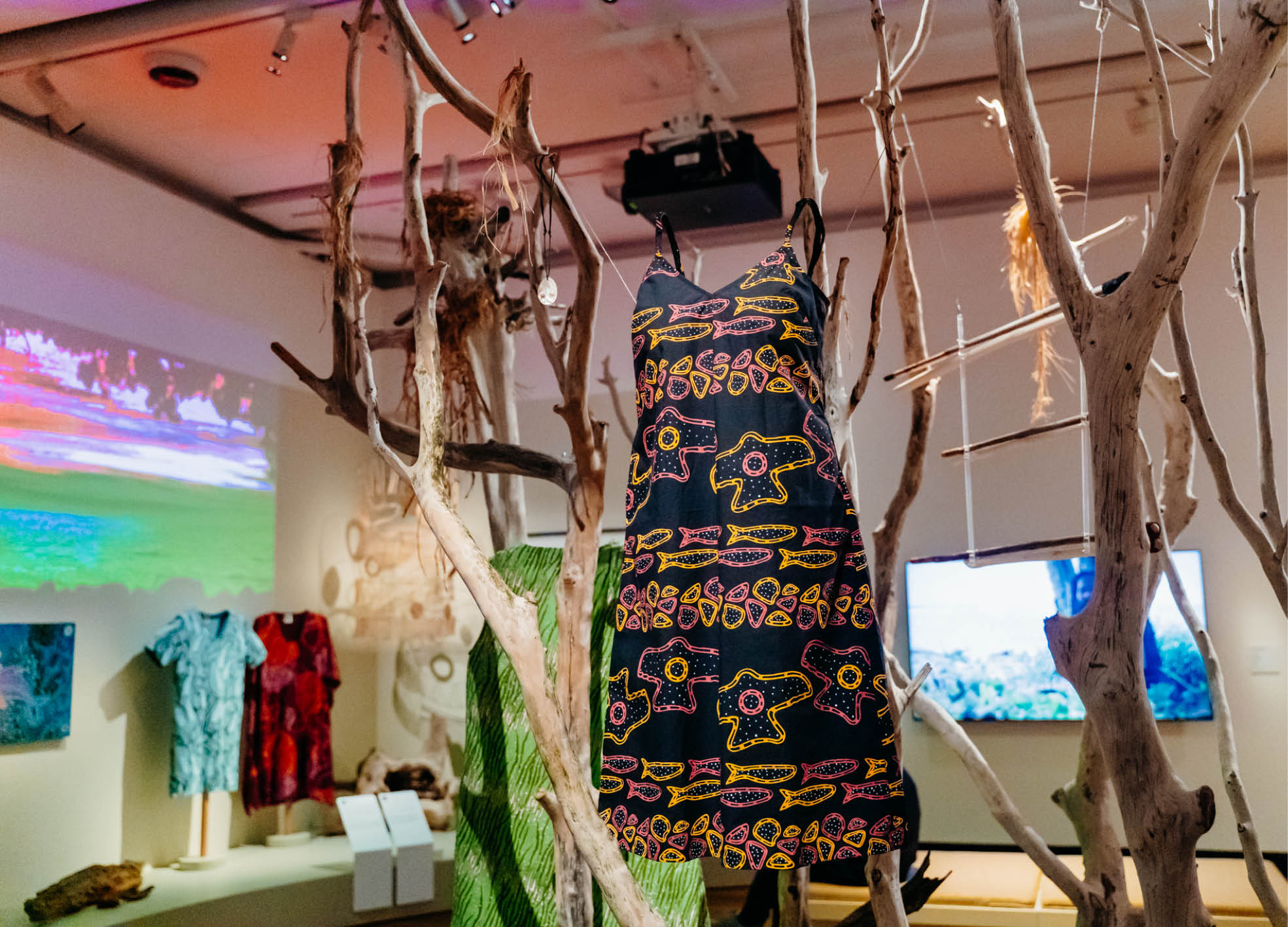Learning from Germany
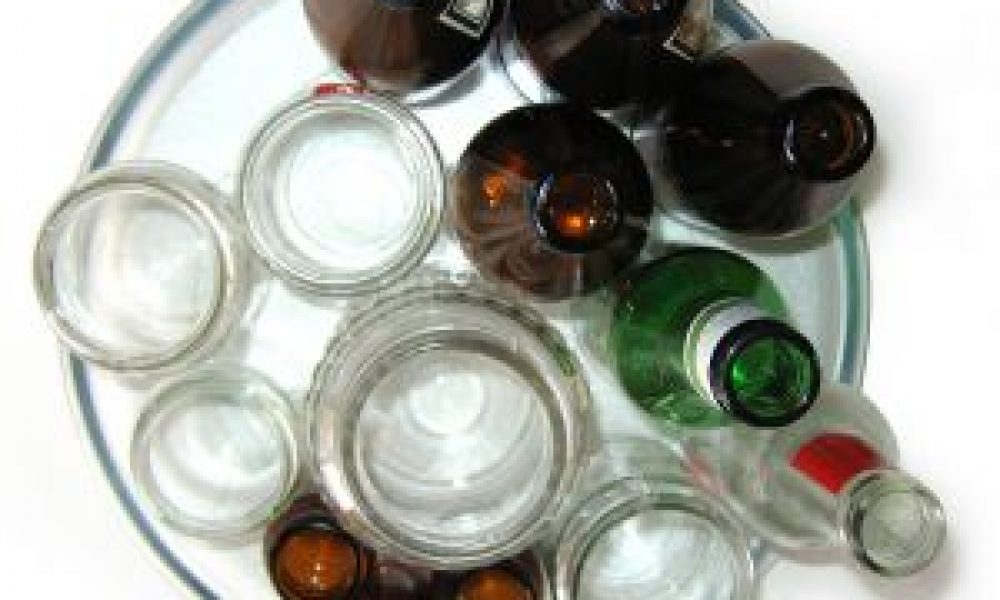
- Words by Peppermint
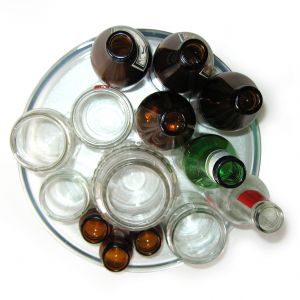
There are many differences between Australia and Germany, but after living in Berlin for a year, I found the biggest one was recycling. Germans rock at recycling. Everything is separated. Food scraps go into a compost bin, ‘containers’ – such as aluminium and plastics – go into a yellow bin. There’s a black general waste bin, a paper and cardboard bin, and three different bins for glass… The best part though? Getting money back for drink containers. Beer bottles, soft drink cans and any plastic bottles are worth good money, thanks to what they call a Pfund. You simply take them back to your local supermarket, feed them into a reverse vending machine and get a receipt back with a dollar amount, which you can put towards your grocery bill or claim as cash. The scheme is so lucrative that some people in Berlin actually make a living by collecting bottles and cans. Granted, cost of living is pretty cheap in Berlin, but it all adds up: 8c for a beer bottle, and anywhere up to 25c for a water bottle. Recycling is easy, and when you help the environment you get a direct benefit: cash.
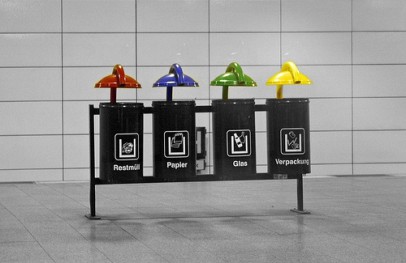
So what’s up, Australia? Why the hesitation to implement a national Container Deposit Scheme (CDS) when it obviously works in other countries and has been successful in South Australia for more than 30 years? South Australians recycle about 80 per cent of the number of bottles sold in shops, compared to the rest of the country, where the figure is less than half that. They can take a bottle or can into a collection depot and get 10c back. Save them up for six months and you may even pay off a week’s worth of groceries.
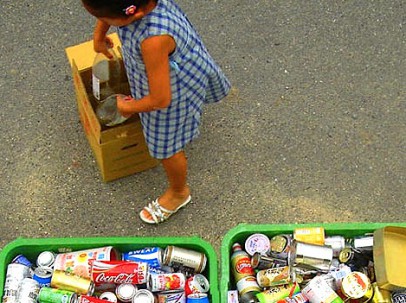
The biggest hurdle to the implementation of a CDS so far seems to be drink companies themselves. Schweppes, Coca Cola and Lion Nathan recently took the Northern Territory government to court after a CDS was introduced in January 2012 – and they won. They said the scheme was costly, and they had to hike the price of drinks up so high that their customers complained. But that doesn’t have to be the case. In Germany, stores list the price of a drink and mark how much of that you’ll get back. You always know why you’re paying that little bit extra and you’re more likely to bring the bottle back than just dump it.
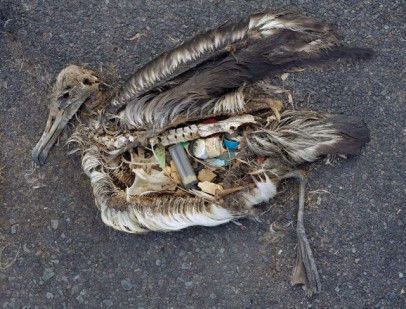
The good news? There’s a lot of support for a CDS in this country – including Clean Up Australia, The Boomerang Alliance, Greenpeace, Tim Silverwood and a host of other groups. And the arguments are compelling. A CDS would reduce the amount of rubbish going to landfills – or worse, into our rivers. It would increase recycling rates, cut greenhouse gas emissions, reduce water usage and create jobs. Not to mention the money that goes back into your pocket or cuts down your grocery bill. So if you’d like to see a CDS in Australia, take action by writing to your State Minister or visit the above websites for more ideas.
JOIN OUR MAILING LIST
Brighten up your inbox with our not-too-frequent emails featuring Peppermint-related news, events, competitions and more!
explore
More articles
It’s beginning to look a lot like Christmas…. Which means we are officially entering party season. Work parties, friend-dos, family get-togethers and then we’re straight into New Year festivities. If you’re lucky enough, you might be staring down the barrel…
Look, I don’t want to make anyone panic but IT’S DECEMBER!!! If you’re planning to give homemade gifts, you’re going to have to act fast. …
Furred, feathered, fishy, scaled… The pets we choose are as diverse as our personalities. (And apparently, quite often we resemble each other.) But they all…
When you hang a painting on a wall, the story stays put. But when you wear a beautifully made garment that may as well be…
Hang out with us on Instagram
“We love that we can bring a hint of imagination and whimsy into everyday life by making ordinary objects fun. We’ve learned to appreciate the little wins and to take a moment for each step we achieve.”
Disillusioned by the realities of fast fashion, design grads Emily May and Sidonie Moore ditched clothing for a business that finds fun in the everyday. Enter @TheNonsenseMaker: a collection of unique homewares, fun wall art, greeting cards and more that breathe life into Emily’s illustrations: “I love the idea of taking real-world objects and changing your perspective in a way that brings magic and whimsy into everyday life!”
In issue 64’s feature ‘It all makes sense’, we chat to the Naarm/Melbourne-based duo about their sustainability philosophy, TV re-runs and their commitment to local makers. At stockists now!
Photos: @MeAndMyGirl
#PeppermintMagazine #TheNonsenseMaker #LocalMakers #SustainableCraft

Any New Year’s resolutions on your list? We love this from @OtterBeeStitching - “be brave enough to suck at something new”.
There’s no points for perfection, but you’ll get a trophy for trying. If nothing else this year, take the leap and try something new.
#OtterBeeStitching #Embroidery #BeBrave #TrySomethingNew #EmbroideryArt

Sunday serving suggestion ☀️
Gorgeous photos from @JolieFemmeStore - who make sweet garments from vintage bedsheets.
#PeppermintMagazine #SlowSunday #SwitchOff #Unplug #ReadAMagazine

A toast to the old you 🥂
We wholeheartedly love this post from the brilliant @EmilyOnLife:
“2026: Reinvent, burn it down, let it go (whatever it is). Year of the Snake it up. Exercise your boundaries, exercise your body, take one teeny step every day towards a life that feels better to be in.
But don’t you dare shit on your old self while you do it.
Hold yourself with reverence and tenderness and respect, because you got you this far. You did your very best with the information and tools you had at the time. You scraped yourself together, you made it work, you survived what felt impossible to survive: again and again and again.
You are perpetually in the process of becoming, whether you can feel it or not, whether or not you add it to your 2026 to-do list.“

Some very wise words from @Damon.Gameau to take us into 2026 🙌🏼

⭐️ We made it!!! ⭐️
Happy New Year, friends. To those who smashed their goals and achieved their dreams, and to those who are crawling over the finish line hoping to never speak of this year again (and everyone else in between): we made it. However you got here is enough. Be proud.
It’s been a tough year for many of us in small business, so here’s to a better year in 2026. We’re forever grateful for all your support and are jumping for joy to still be here bringing you creativity, kindness and community.
We’re also excited to be leaping into the NY with our special release sewing pattern – the Waratah Wrap Dress!
How great are our fabulous models: @Melt.Stitches, @KatieMakesADress and @Tricky.Pockets - and also our incredible Sewing Manager @Laura_The_Maker! 🙌🏼
Ok 2026: let’s do this. 💪🏼
#PeppermintWaratahWrapDress #PeppermintPatterns #SewingPattern #MeMade #WrapDress #WrapDressPattern

















